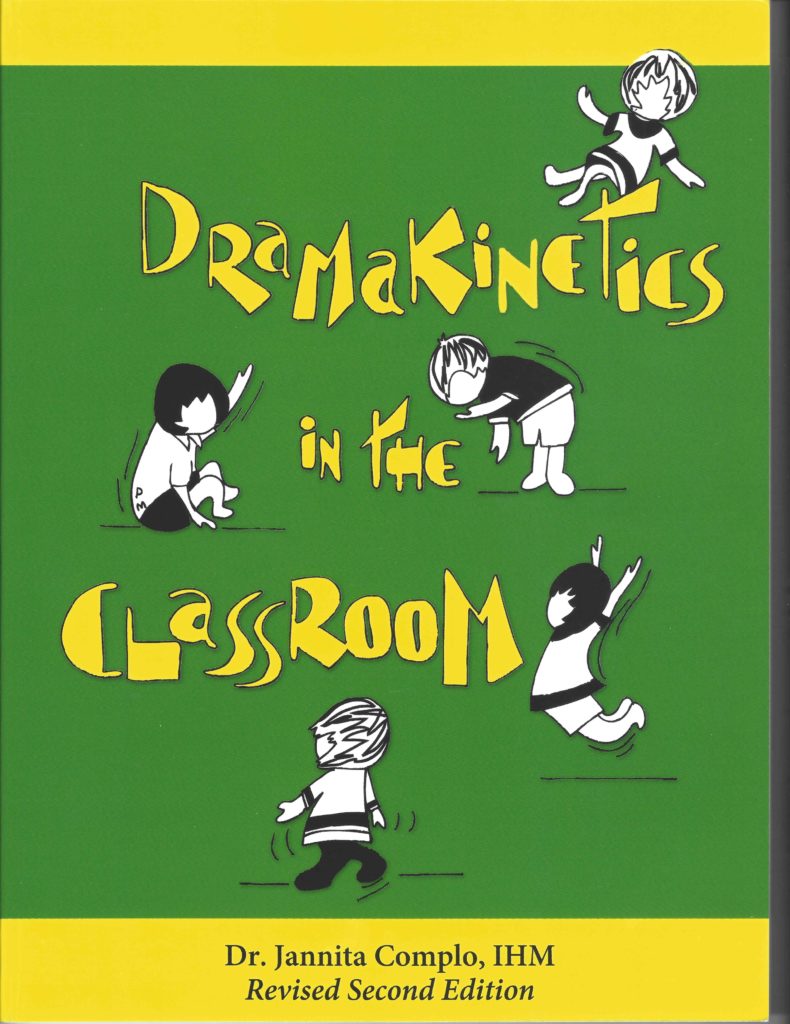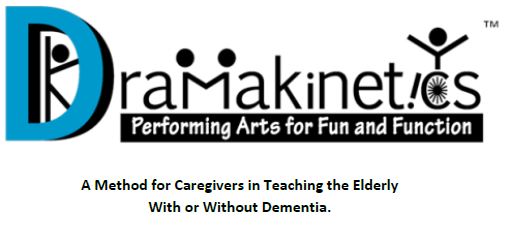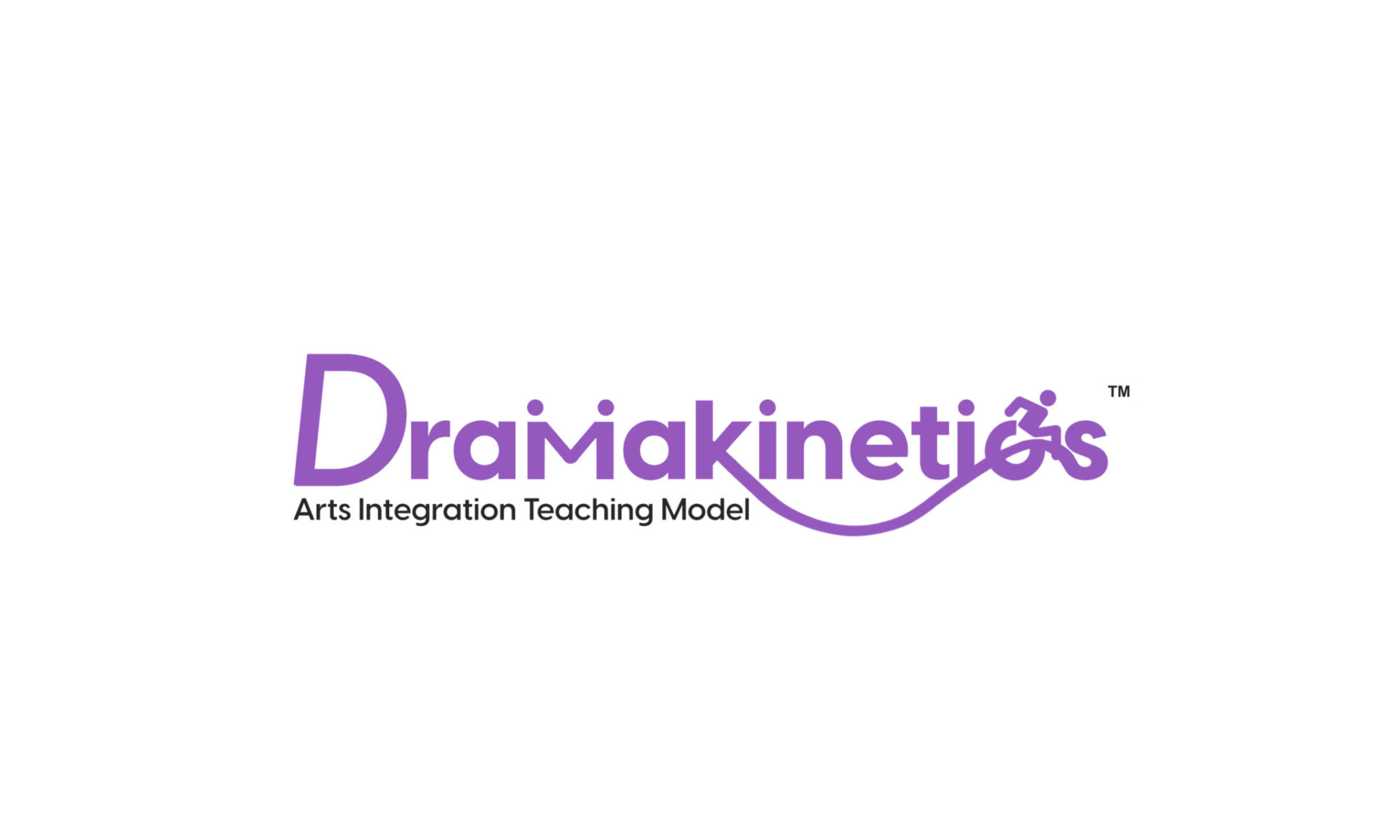
Dramakinetics in the Classroom
Dramakinetics lays the foundation for helping the child develop imagination and self expression, as well as the major attributes of a well-balanced, happy, and contributive personality.
The various activities are planned consecutively so as to facilitate a gradual unified growth and development in dramatic movement and to nurture the Bodily-Kinesthetic Intelligence.
We will show how important it is to help children improve their Bodily-Kinesthetic Intelligence and to discover new depths of creativity through motor development, perceptual development, emotional development, social awareness, and the thinking processes.
The teacher’s own understanding and appreciation of Dramakinetics should be greatly enhanced and inspired as a result of the observations and activities involving the children.
For children, the process of discovery will be different and they will formulate their own “dramatic movement” in the way that is right for them in each moment. This process cannot be hastened or forced, but it can be hampered by a failure to recognize that, for
children, Dramakinetics must be part of their total development.

Dramakinetics – A Method for Caregivers in Teaching the Elderly with or without Dementia
Performing Arts for Fun and Function
The objective of this handbook is to use drama, music and movement to engage Elders of all abilities to reach their full creative potential by experiencing, creating, and performing three elements. Dramakinetics believes that combining music with physical activity would produce even greater positive effects on cognitive function of the elderly.
Dramakinetics is an adjustable program using drama, movement and music. The program enables Caregivers to support individuals by re-awakening their minds, bodies and memories through the arts.
It helps Elders to recall and maintain gross motor skills, memory and typical speech patterns. Dementia is an aggressive disease that attacks most areas of the brain.
However, science has shown that one of the last portions of the brain affected by dementia deals with music and rhythm.
This is why music is so effective in helping dementia patients.
Reintroducing individuals with dementia to songs of their past and familiar rhythms helps individuals recall muscle movement, memories, and typical speech patterns.

